Today we will continue our conversation about the best foods to eat before, during, and after pregnancy. The better you eat, the better you will feel including having energy and brain power! Two very important things when running on limited sleep!!
Avocado
The creamy green fruit is full of folate, along with vitamin B6, which promotes healthy tissue and brain growth for baby and could help ease morning sickness for you.
It’s also a yummy source of healthy monounsaturated fats, which help your body better absorb many of the vitamins found in fruits and veggies. Avocado’s high fat content can keep you fuller longer, so you’re less likely to get hit with that hangry, need-to-eat-now feeling.
How to eat it: You probably know avocado is a must for guacamole, but that’s not all it's good for. Try using mashed avocado in place of cheese or mayo in sandwiches, or adding diced avocado to a salad.
Edamame
You might know that the cooked soybean pods are a tasty source of vegetarian protein, serving up 18 grams per cup shelled. But they're rich in other important pregnancy nutrients, too. A cup of edamame offers up nearly 100 milligrams of calcium, 3.5 milligrams of iron and 482 micrograms of folate.
How to eat them: Best of all, they’re easy to cook (the frozen pods can be steamed or microwaved in just a few minutes) and highly versatile. Top edamame with sea salt for a quick, satisfying snack, puree them with lemon juice and olive oil to make a creamy spread, or throw them into salads for a fast protein boost.
Nuts
Talk about small but mighty. Nuts are chock-full of important vitamins and minerals like magnesium, zinc, potassium and vitamin E, along with protein, fiber and healthy fats. Plus, they’re easily portable, making them an ideal on-the-go pregnancy snack.
Are certain types better than others? All nuts have their own unique nutritional profiles — and they can all fit into a healthy pregnancy diet. But some might be especially worth reaching for. Walnuts are rich in omega-3 fatty acids, while almonds deliver a welcome dose of calcium. And peanuts? They’re loaded with folate. (Who knew?)
Even though they’re high in fat, it’s mostly the healthy kind. Help yourself to plenty if you’re gaining weight slowly, and have just a moderate portion (a handful or so) if you’re gaining quicker.
How to eat them: Use nuts to add flavorful crunch to oatmeal or yogurt, or grind them and use in place of breadcrumbs for chicken or fish dishes.
Carrots
Their bright orange color means that carrots are crammed with beta-carotene, which the body converts to vitamin A. And that nutrient is critical for your baby’s developing eyes, skin and organs.
How to eat them: In addition to munching on the go, try shredding carrots and folding them into pancakes, muffins or quick bread batters. Or steam and mash them with a little bit of butter and cinnamon, just like sweet potatoes.
Red bell peppers
These veggies are a top source of vitamin C and A, plus fiber to keep things moving. Another big benefit? Research has found that eating a vegetable-rich diet during pregnancy could help reduce the risk for complications like high blood pressure and preeclampsia.
How to eat them: Take advantage of their crunchy texture the next time you get a craving for crispy pretzels or chips. When dunked into hummus, ranch dressing or even plain yogurt for a snack, they’re sure to hit the spot.
We aren't done with the healthy eating list yet! Check in next week for more foods to stock your refrigerator and shelves with.
Resources available upon request.

